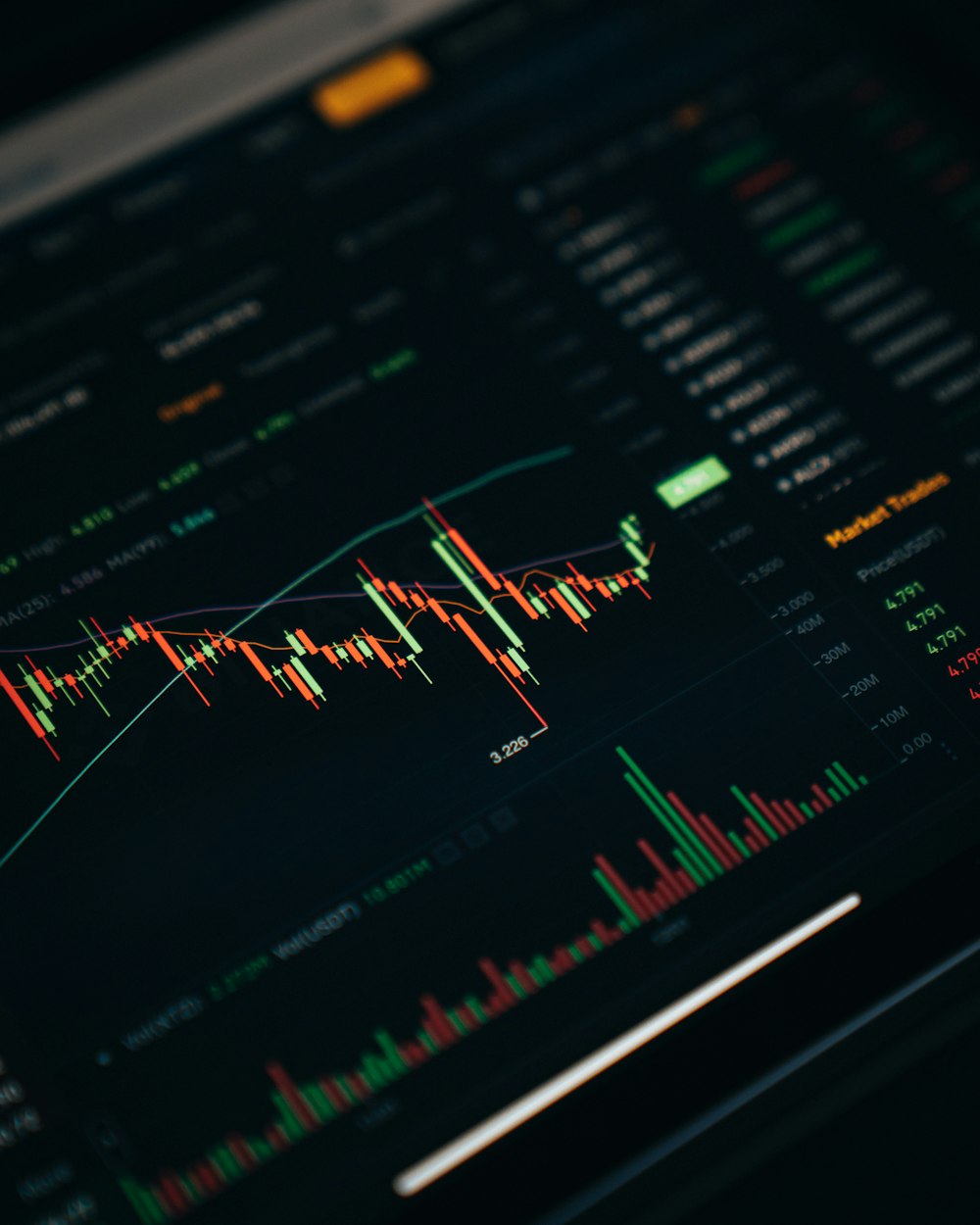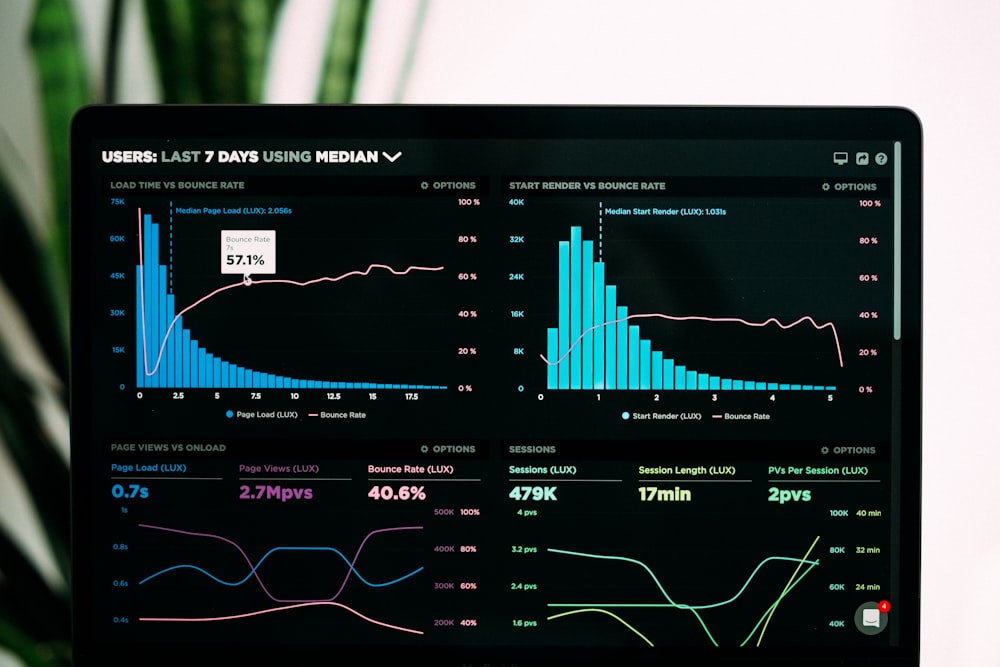Zhao suggested that Bitcoin ETFs are pivotal in channeling traditional institutional money into the crypto market. He emphasized that much of the financial capital in the U.S. is institutional, and this shift is evident as most ETFs are based on Bitcoin. This sentiment was echoed by Alex Obchakevich, founder of Obchakevich Research, who pointed out that around 70% of Bitcoin’s recent growth is fueled by new institutional capital, with the remainder being a redistribution of existing crypto assets.
Government interest in Bitcoin is also on the rise. Countries like El Salvador have continued their Bitcoin acquisitions, with Bhutan planning to establish a strategic cryptocurrency reserve. This institutional and governmental engagement, according to Zhao, bodes well for Bitcoin’s price trajectory.
For the average crypto enthusiast, the implications are significant. The potential peak offers opportunities for substantial gains, especially for those already holding Bitcoin. However, it also suggests increased volatility, requiring cautious and informed investment decisions. Institutional investments could stabilize the market long-term, but in the short-term, price swings may occur as markets adjust.
Looking ahead, the increasing participation of institutional investors and governments could change the landscape for Bitcoin significantly. While it's wise to stay informed and cautious, this cycle could indeed be transformative for Bitcoin’s place in global finance.



